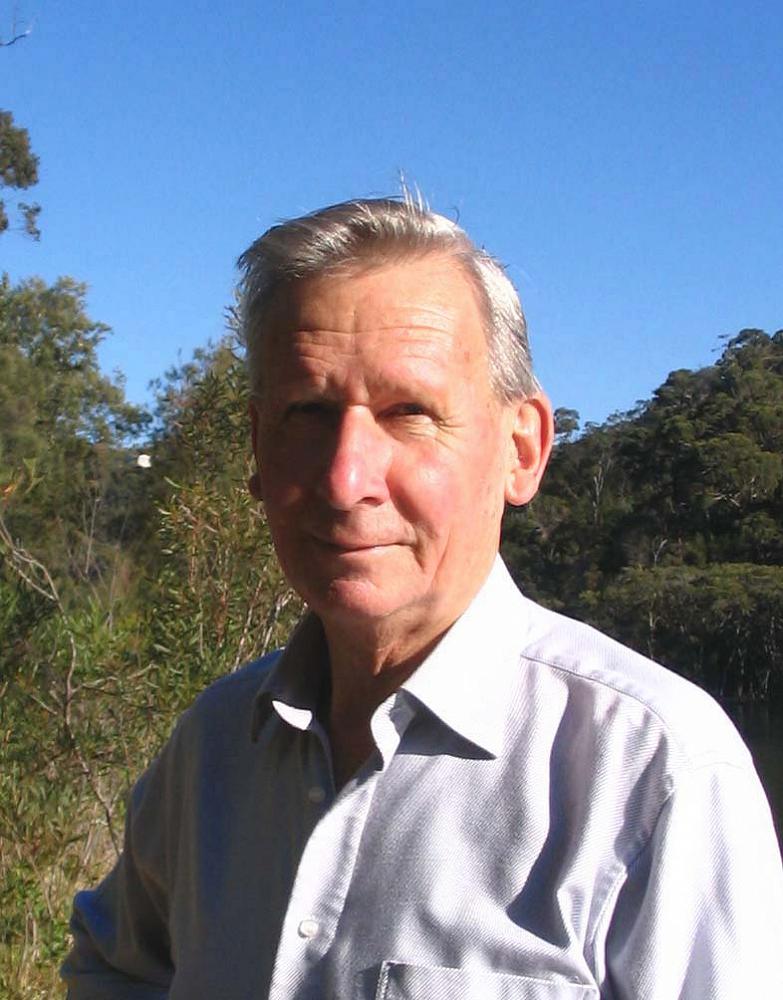
Spirituality
Throughout the 3000 years of Judaeo-Christian history there’s been more than one perspective on the three-way connectedness between God, humans and the earth. Each in its day has been highly influential. Each carries its own notion of spirituality. And traces of each still linger in the way people relate to the natural world today.
First, there’s the concept many of us absorbed as children, rooted in the opening chapter of Genesis. Here we’re told that God created the world and it was all good. God is depicted as a divine being over and above creation, a supreme designer, a supernatural artist and craftsman, an inventive physicist, an innovative biologist – in a word, creator of all that is – and humanity is totally dependent on that God.
Of course that first chapter isn’t science, though it reflects the science of its era. It came out of the Jewish exile in Babylon in the 6th century BC, and was a resounding hymn of assurance, composed to encourage the exiles to hold to the faith of their forefathers. It affirms that the world was created good in every part, from the sun and moon to plants and trees, birds, fish and beasts. Even humankind was blessed, and it was to men and women (mainly men, actually) that God gave dominion to “fill the earth and subdue it”.
Then catastrophe. In chapter two (a much earlier story) Adam and Eve – i.e. humankind – messed up. They disobeyed God’s commandment and were sentenced to hard labour and expelled from Eden. Spirituality assumed the stern reality of a supernatural God.
By the Middle Ages, the initial rosy view of the world had turned very gloomy. In stark contrast to that emphasis on earth blessed by the goodness of God, people were weighed down by the horror of sin. The planet had become a vale of woe, a sink of iniquity, the pits. One medieval writer lamented that we humans are “lodged here in the dirt and filth of the world, nailed and riveted to the worst and deadest part of the universe, and most remote from the heavenly arch”. Though Francis of Assisi could celebrate the beauty of nature, the church taught that human fulfilment came only with the soul’s release from this squalid dump into the bliss and purity of heaven. Spirituality was other-worldly.
That view isn’t dead. It’s been given new life by fundamentalist Christians wedded to neo-conservative economics, especially in the United States. So when the Bible says, “Have dominion over everything in nature,” by hokey, they will – that’s the way to economic growth, jobs, prosperity and riches.
Thus during Ronald Reagan’s presidency his Secretary of the Interior, James Watt, was eager to give developers unlimited access to national parks and resources. His reasoning was that the earth “is merely a temporary way station on the road to eternal life. It is unimportant except as a place of testing to get into heaven. The earth was put here by the Lord for his people to subdue and to use it for profitable purposes on the way to the hereafter.” Bad theology has a lot to answer for.
Common to both the medieval attitude and the modern economics-above-all approach is the view that nature has no intrinsic value: it is there to serve us, its masters, in whatever ways we wish, so why hold back? Here spirituality has nothing to do with the wellbeing of the Earth.
We should acknowledge that our Judaeo-Christian heritage has unwittingly played a role in the development of such destructive thinking. For one of the great and liberating things it achieved was to get rid of all the animistic gods and spirits that kept people’s rapport with the natural world respectful. It was the emergence of a monotheistic worldview that freed scientific inquirers to explore the world of nature without fear of upsetting any deities or haunting spirits. And remarkable progress in human understanding has flowed from that.
Nevertheless, that view of the natural world as sitting there waiting for humans to conquer and quarry it won’t do any more. We’re being catapulted into a paradigm shift in human understanding. We’re being forced to go right back to first principles and redefine the relationship of our species to the Earth: the benefits of that relationship have to be mutual, not all one-way in our favour.
And in the process, many who claim the name “Christian” find they’re subtly changing the way they think about God. A new spirituality is emerging: of which more another time.
